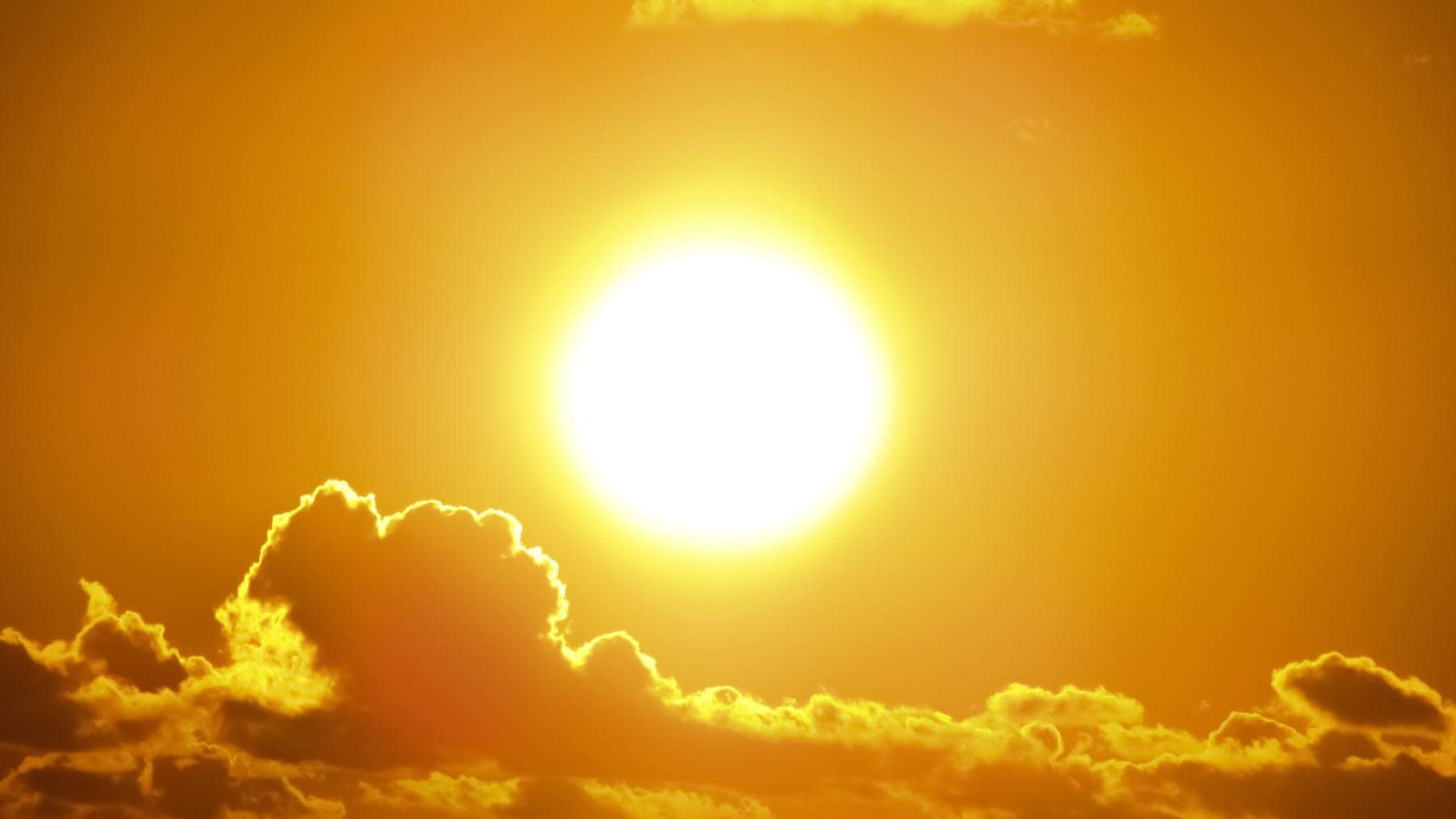The Bureau of Meteorology Heatwave Service is predicting low to severe intensity heatwave conditions over tropical north Queensland, including Douglas Shire from Sunday to Tuesday next week.
http://www.bom.gov.au/australia/heatwave/

Be prepared before a heatwave
- If you have a medical condition, ask your doctor for advice on how to manage the heat.
- Plan ahead to reduce the risk of getting heat exhaustion or a heat-related illness
- Think of simple ways to make your home or building cooler (e.g. install awnings, shade cloth or internal blinds or curtains on the sides of the building that face the sun)
- Have any air conditioners serviced before the beginning of summer.
Drink water regularly
- Drink 2 to 3 litres of water a day at regular intervals, even if you do not feel thirsty. If your fluid intake is limited on medical advice, ask your doctor how much you should drink during hot weather
- Sports drinks do not replace water
- Don’t drink alcohol, soft drinks, tea or coffee—they worsen dehydration
- Eat as you normally would but do try to eat cold foods, particularly salads and fruit
- Avoid heavy protein foods (e.g. meat, dairy products) which raise body heat and increase fluid loss.
Keep out of the heat as much as possible
- Plan your day to keep activity to a minimum during the hottest part of the day
- If you can, avoid going out in the hottest part of the day (11am–3pm)
- Avoid strenuous activities and gardening
- Do not leave children, adults or animals in parked cars.
If you go out
- Wear lightweight, light-coloured, loose, porous clothes
- Wear a wide-brimmed hat and sunscreen
- Regularly rest in the shade
- Drink plenty of water
Stay as cool as possible
- Wear appropriate clothing to suit the hot weather
- Stay inside, in the coolest rooms in your home
- Block out the sun during the day by closing curtains and blinds and keep windows closed while the room is cooler than it is outside
- Open up windows and doors when there is a cool breeze, when the temperature inside rises, and at night for ventilation
- Use fans and air-conditioners at home to keep cool, or spend time in an air-conditioned library, community centre, shopping centre, or cinema
- Take frequent cool showers or baths and splash yourself several times a day with cold water, particularly your face and the back of your neck.
Look after your animals
Animals can also be affected by heat-related illness. If you’re in charge of an animal, you have a duty of care to provide it with food, water, and appropriate shelter.
Caring for children in heat
Babies and young children are more susceptible to heat-related illness than adults, because their bodies cannot easily adapt to changing temperatures. The younger the child, the quicker they will start to show signs of dehydration or heat stress. Sick children need special attention in hot weather, even for minor illnesses such as a cold or hay fever.
Stay hydrated and well nourished:
- ensure your child has easy access to plain water and encourage them to drink it, even before they become thirst
- avoid using ice
- do not give children drinks that cause dehydration – such as drinks high in sugar, salt and/or caffeine
- if you are breastfeeding, feed your baby more often and drink plenty of water yourself
- give bottle-fed babies cool, boiled water between feeds
- give children small regular meals and minimise hot food.
Babies:
- 0 to 6 months: rely on breast milk, so offer breastfeeds more frequently. Water or other drinks are not needed unless recommended by a doctor.
- 6 to 12 months: need food and fluids in addition to breast milk, so give small amounts of cooled boiled water after or in between breastmilk feeds.
- over 12 months: need solid foods and drinks, continue breastfeeding, or give full cream milk via a cup. Offer cooled boiled water after or in between meals.
Monitor your child’s urine rate:
- babies – monitor the number of wet nappies. If your baby has fewer wet nappies than usual in 24 hours, see a doctor or ring 13 HEALTH for advice
- young children – urine should be a light straw colour. Dark urine may be a sign of dehydration and indicate the need to drink. If you are concerned, see a doctor or ring 13 HEALTH for advice.
Stay cool:
- dress children in loose fitting, single layered, cotton clothing
- keep children cool by giving them regular lukewarm baths or showers. Do not use ice cold water
- avoid taking your child outside between 10am – 3pm
- use a suitable sunshade on your baby’s stroller
- ensure children wear broad-brimmed hats and SPF 30+ to avoid sunburn
- be aware of any pre-existing medical conditions, which may cause a child to be more heat-sensitive
- children may experience nappy rash when it is hot – avoid using talcum powder, keep area clean and dry
Never leave children unattended in hot cars
More information: https://www.qld.gov.au/emergency/dealing-disasters/disaster-types/heatwave

